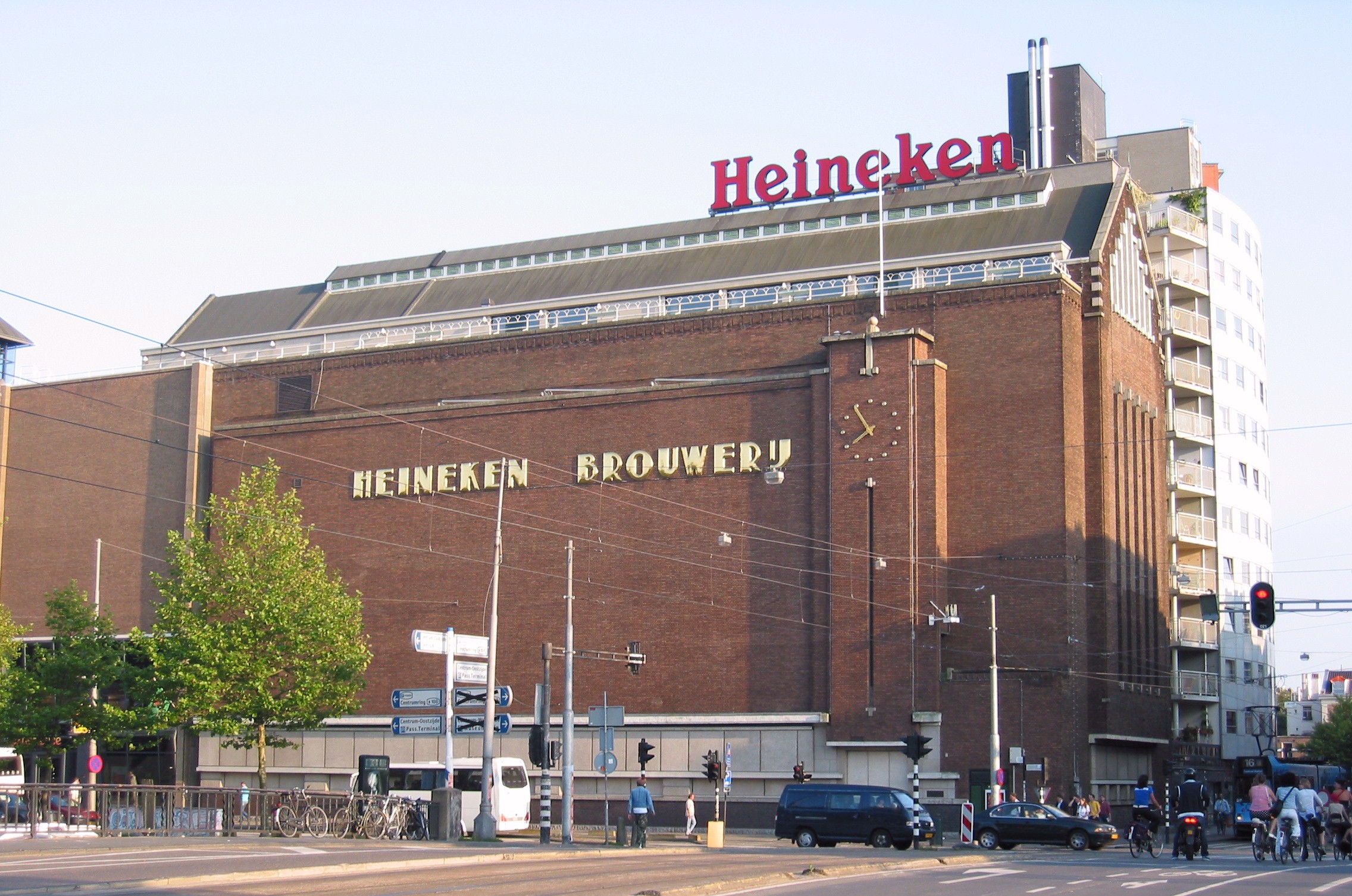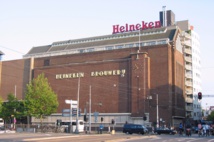Regulators will demand significant concessions on the part of AB InBev, especially in the United States and China, to slow down the merger of the two brewing giants which are already producing a third of the world's beer under hundreds of brands, including Budweiser, Corona and Peroni. AB InBev and SABMiller’s share in the world market amounted to 20.8% and 9.7%, respectively.
There’s a fact that adds issues to the negotiations on a deal. Both companies have a complex network of corporate bonds, including competitors contractors in bottling - the company Coca-Cola Co. and PepsiCo Inc. In addition, an important factor is that the American giant in the production of cigarettes Altria Group Inc. owns a 27% interest in SABMiller.
As experts in the field of antitrust notes, the two companies, due to the fact that they are well represented in most global markets, will try to get out of the antimonopoly legislation. This process can take a year or even more.
However, the biggest problem in connection with the antitrust laws arise in the United States market - the key market for both companies. Here, the proportion of AB InBev is approximately 45%, while the share of SABMiller - 25%, thanks to the joint venture MillerCoors LLC, created in collaboration with Molson Coors Brewing Co.
Another problematic market is China, where AB InBev share is 14%, according to last year’s data. Chinese regulators may require the release of SABMiller joint venture with China Resources Enterprise, which is a manufacturer of the popular brand Snow with market share of 23%.
Despite the fact that the joint market share of the two companies in Europe are significantly lower than in the US or China, the struggle with the anti-monopoly legislation will be tough there, too.
Experts in the field of antitrust laws assume that such a deal would lead to higher prices for American consumers, as well as it can have a negative impact on the earnings of smaller brewers.
Carbonated soft drinks further complicate a potential deal. AB InBev and its Brazilian unit AmBev have contracts for the manufacture and sale of beverages for PepsiCo in Latin America, including Brazil, Argentina, Uruguay, Bolivia and parts of Peru.
In turn, SABMiller has signed contracts with Coca-Cola for 23 African markets, as well as in El Salvador and Honduras.
At the same time, AB InBev’s contracts with PepsiCo will expire at the end of 2017. However, these contracts should be automatically renewed for another 10 years, if none of the companies provided a written notice for at least two years before the contract’s expiry.
Altria, the largest tobacco company in the United States may also have its say in this transaction. This company, the manufacturer of Marlboro, owns 27% stake in SABMiller. There is also Colombian Santo Domingo, that owns a 14% interest in SABMiller and also plays an important role in this transaction.
In addition, SABMiller bought a controlling stake in Grupo Empresarial Bavaria SA, the second largest brewer in South America, for $ 5.6 billion in 2005.
The company AB InBev was formed in 2008 through the merger of Belgian InBev and US Anheuser-Busch. SABMiller is the second-largest beer producer after AB InBev.
source: wsj.com
There’s a fact that adds issues to the negotiations on a deal. Both companies have a complex network of corporate bonds, including competitors contractors in bottling - the company Coca-Cola Co. and PepsiCo Inc. In addition, an important factor is that the American giant in the production of cigarettes Altria Group Inc. owns a 27% interest in SABMiller.
As experts in the field of antitrust notes, the two companies, due to the fact that they are well represented in most global markets, will try to get out of the antimonopoly legislation. This process can take a year or even more.
However, the biggest problem in connection with the antitrust laws arise in the United States market - the key market for both companies. Here, the proportion of AB InBev is approximately 45%, while the share of SABMiller - 25%, thanks to the joint venture MillerCoors LLC, created in collaboration with Molson Coors Brewing Co.
Another problematic market is China, where AB InBev share is 14%, according to last year’s data. Chinese regulators may require the release of SABMiller joint venture with China Resources Enterprise, which is a manufacturer of the popular brand Snow with market share of 23%.
Despite the fact that the joint market share of the two companies in Europe are significantly lower than in the US or China, the struggle with the anti-monopoly legislation will be tough there, too.
Experts in the field of antitrust laws assume that such a deal would lead to higher prices for American consumers, as well as it can have a negative impact on the earnings of smaller brewers.
Carbonated soft drinks further complicate a potential deal. AB InBev and its Brazilian unit AmBev have contracts for the manufacture and sale of beverages for PepsiCo in Latin America, including Brazil, Argentina, Uruguay, Bolivia and parts of Peru.
In turn, SABMiller has signed contracts with Coca-Cola for 23 African markets, as well as in El Salvador and Honduras.
At the same time, AB InBev’s contracts with PepsiCo will expire at the end of 2017. However, these contracts should be automatically renewed for another 10 years, if none of the companies provided a written notice for at least two years before the contract’s expiry.
Altria, the largest tobacco company in the United States may also have its say in this transaction. This company, the manufacturer of Marlboro, owns 27% stake in SABMiller. There is also Colombian Santo Domingo, that owns a 14% interest in SABMiller and also plays an important role in this transaction.
In addition, SABMiller bought a controlling stake in Grupo Empresarial Bavaria SA, the second largest brewer in South America, for $ 5.6 billion in 2005.
The company AB InBev was formed in 2008 through the merger of Belgian InBev and US Anheuser-Busch. SABMiller is the second-largest beer producer after AB InBev.
source: wsj.com



















